These are Half-Life's never released Steam trading cards
Valve commissioned an artist to create the cards, but they never got used.
Digital trading cards are simultaneously one of Steam's smartest and most sinister features. Each game that supports them (and most do these days) has a set of cards, ranging in number from just four or five to more than a dozen, that are earned simply by playing the game. Collect a full set and you can “exchange” them for badges, wallpapers, and other such goodies, and also boost your Steam user level.
The catch is that you can only earn half of the number of cards in a given set that way, and some of them might be duplicates. So if you want them all—and you do—then you'll have to either trade with other users, or buy them with real money from Steam's Community Market.
Interestingly, and unexpectedly, one of the games on Steam that doesn't support this particular dopamine pump is Valve's own Half-Life. It was meant to: As ValveTime reports, Valve actually hired artist David Thany to create Half-Life cards, badges and emoticons for the 2013 Steam Summer Sale. But they were never used, possibly, according to Thany, because they appeared more akin to the sequel, Half-Life 2, than the much more primitive-looking original.
I don't know if he's right about that, but it's a fair point. If I'd seen these images without any introduction, there's no question I would have assumed they originated with Half-Life 2. Even so, it's a bit odd that three years down the road, nothing else has been added in their place. It seems clear enough that Valve wanted Half-Life trading cards, so what's the holdup?
I have no idea, but these are pretty great. And Thany's work did make it into at least one game on Steam: The Hotline Miami trading cards are his creations, too.
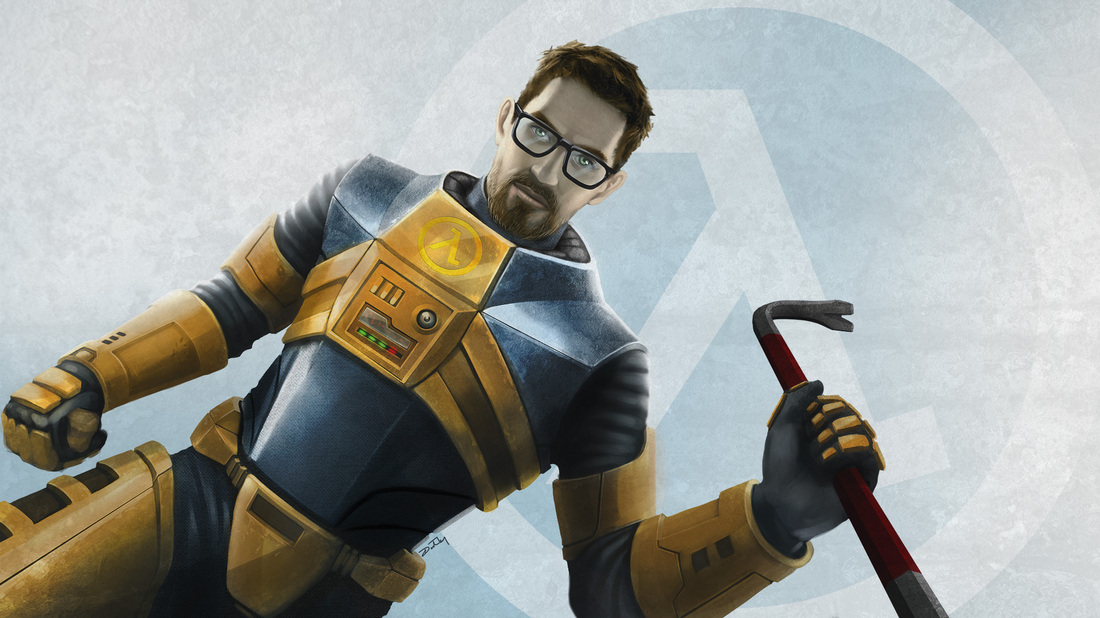
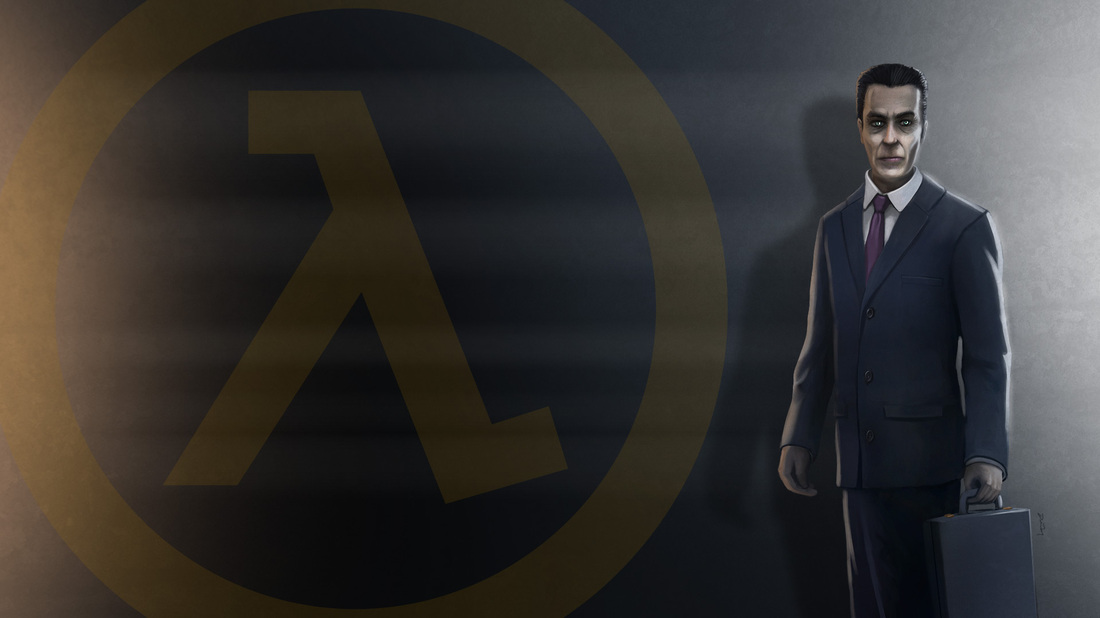
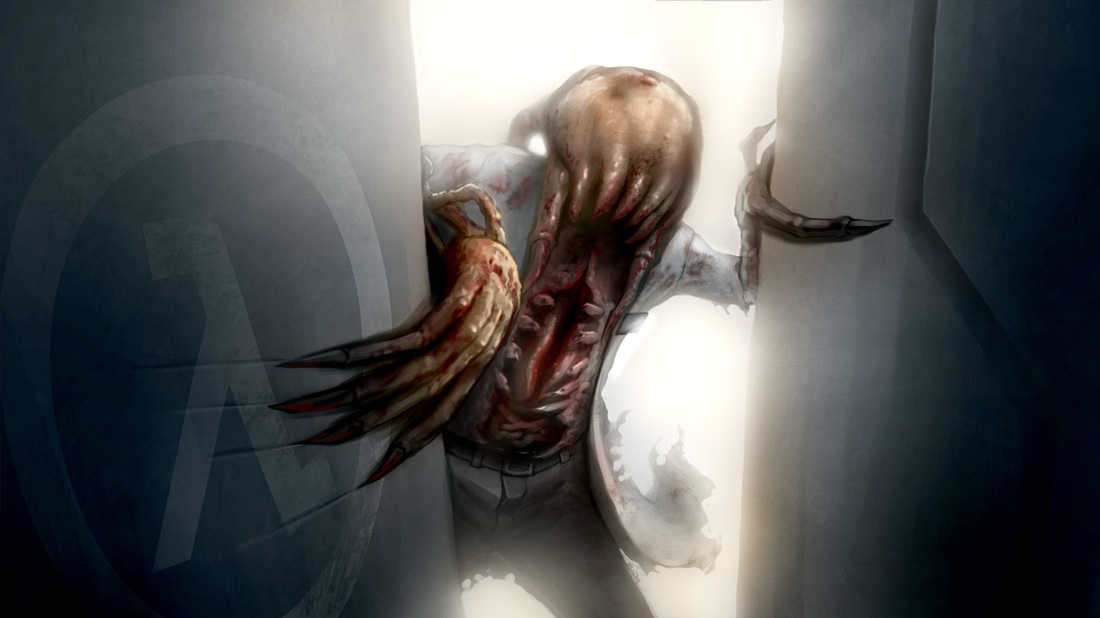
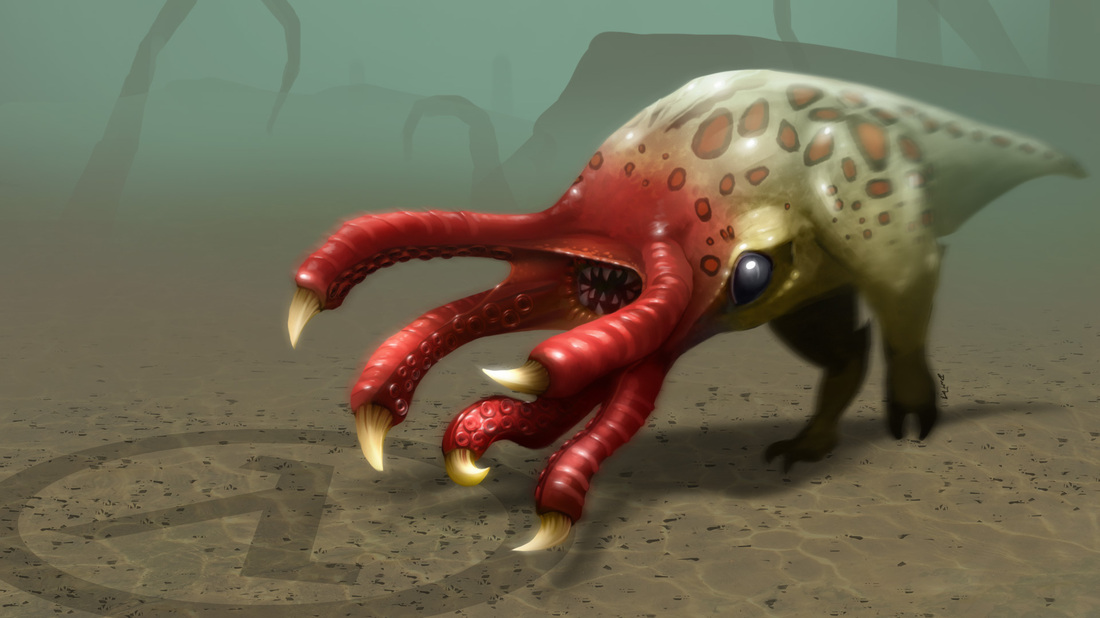
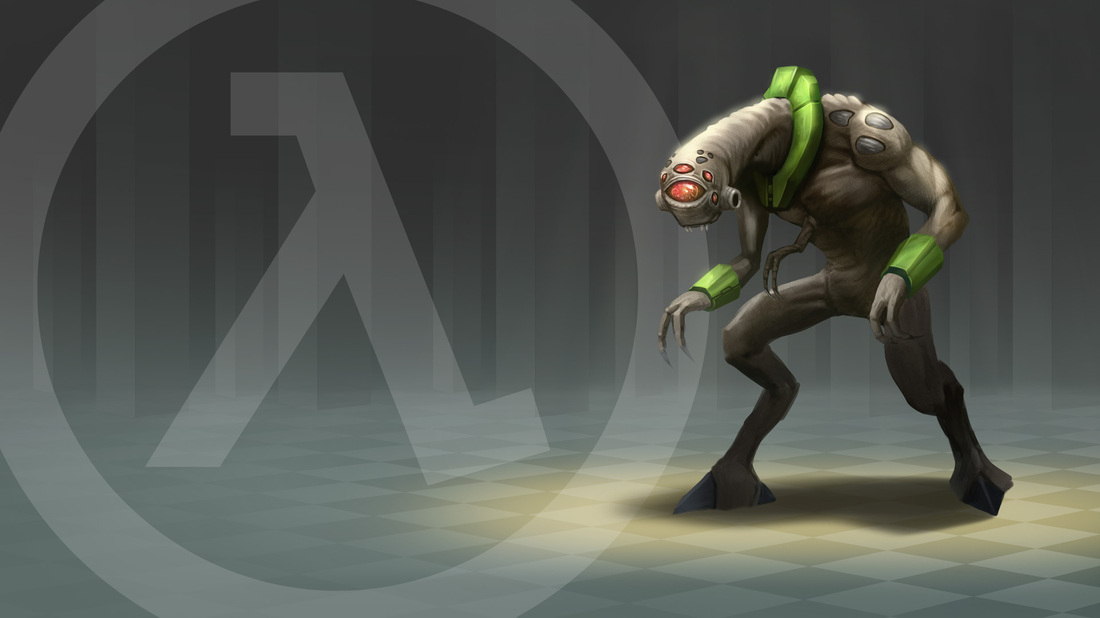
Keep up to date with the most important stories and the best deals, as picked by the PC Gamer team.

Andy has been gaming on PCs from the very beginning, starting as a youngster with text adventures and primitive action games on a cassette-based TRS80. From there he graduated to the glory days of Sierra Online adventures and Microprose sims, ran a local BBS, learned how to build PCs, and developed a longstanding love of RPGs, immersive sims, and shooters. He began writing videogame news in 2007 for The Escapist and somehow managed to avoid getting fired until 2014, when he joined the storied ranks of PC Gamer. He covers all aspects of the industry, from new game announcements and patch notes to legal disputes, Twitch beefs, esports, and Henry Cavill. Lots of Henry Cavill.

